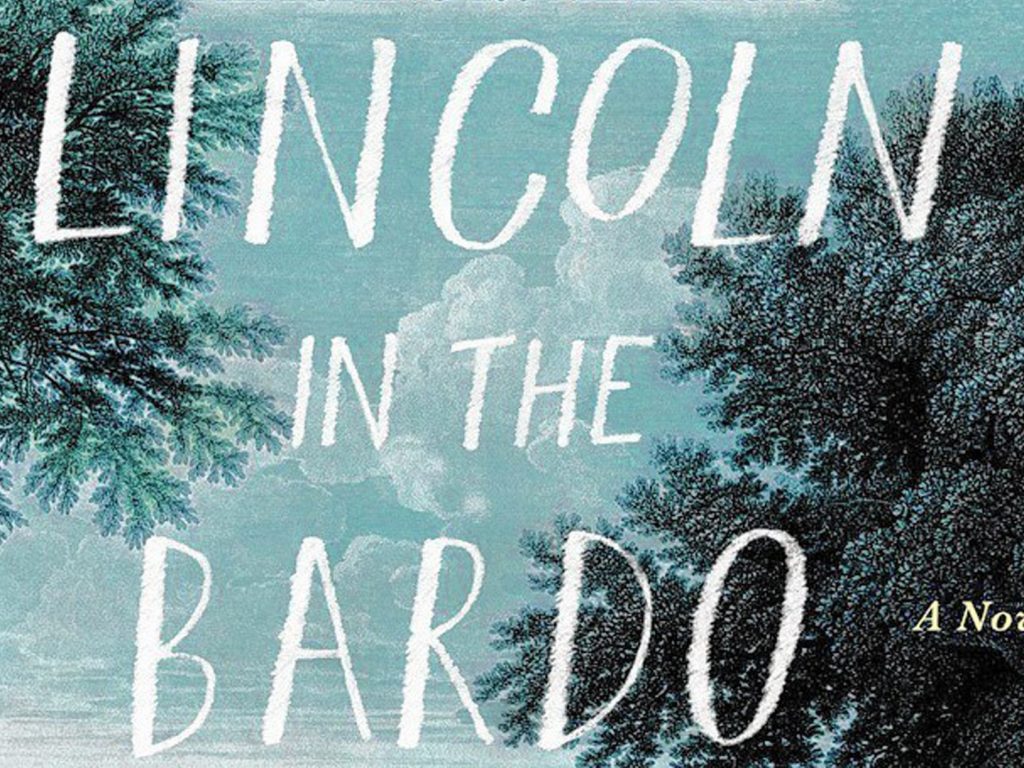

It is a sort of syncretic limbo which has much in common with the Catholic purgatory, and at one point we are treated to a Technicolor vision of judgment that seems to be drawn from popular 19th-century Protestantism, compounding the head-scratching theological complexity. This is not a straightforwardly Tibetan bardo, in which souls are destined for release or rebirth. The cemetery is populated by a teeming horde of spirits – dead people who, for reasons that become an important part of the narrative, are unwilling to complete their journey to the afterlife and still hang around in or near their physical remains. On at least two occasions – and this is the germ of historical fact from which Saunders has spun his extraordinary story – the president visits the crypt at night, where he sits over the body and mourns.

Sure enough, Willie dies and is taken to Oak Hill cemetery, where he is interred in a marble crypt. Saunders quotes contemporary observers on the magnificence of the feast, trailing the terrible family tragedy that is unfolding. As his parents host a lavish state reception, their boy is upstairs in the throes of typhoid fever. In this, his first novel, the Lincoln trapped in the bardo is Willie, the cherished 11-year-old son of the great civil war president. George Saunders has long been accepted as one of the masters of the American short story.


 0 kommentar(er)
0 kommentar(er)
